Speaking prior to the ReelAbilities Film Festival’s opening night ceremony, Whoopi Goldberg shared profound insights into her journey with dyslexia, emphasizing how she reframed her challenges as strengths rather than limitations.
“For me, it’s never been a source of shame,” Goldberg said in an interview with RespectAbility on the red carpet. “It was frustrating because they placed me in classes where I struggled due to the way my brain processes information. However, my memory for details and the ability to recall conversations from years ago are my gifts. I see them as my superpowers.”
Her perspective on self-acceptance and empowerment deeply resonated with me, especially as someone who has grappled with insecurities and self-expression. I expressed my personal gratitude to Goldberg for redefining conventional standards of beauty. Goldberg’s confidence in her own beauty left a lasting impact on me.


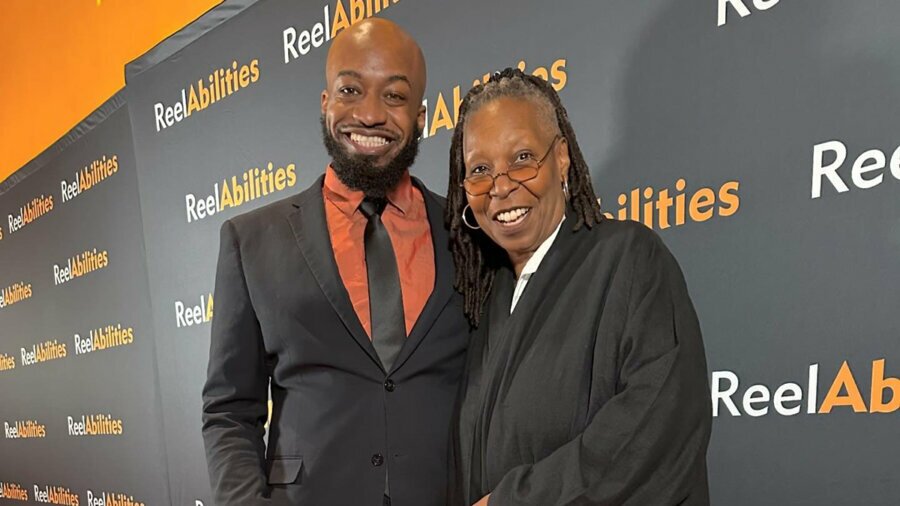
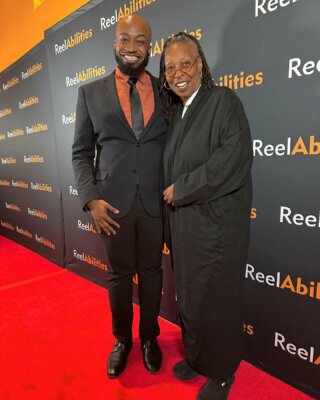
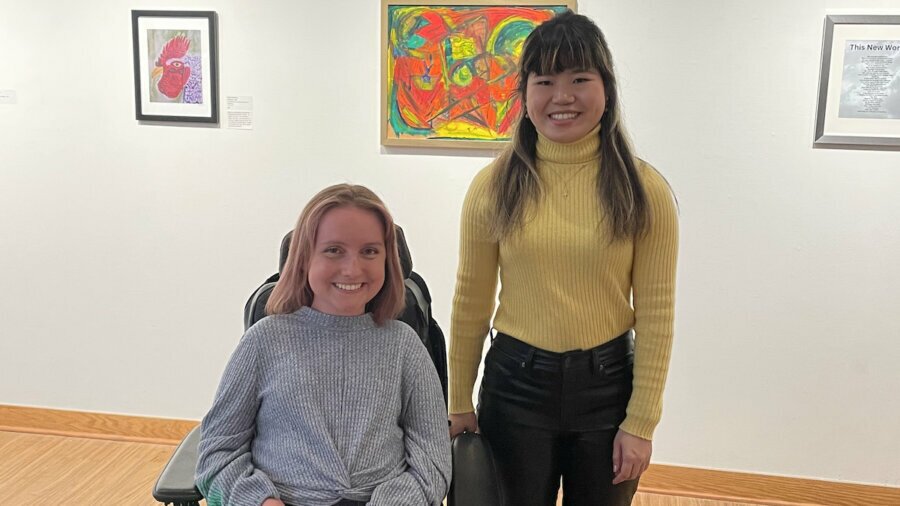

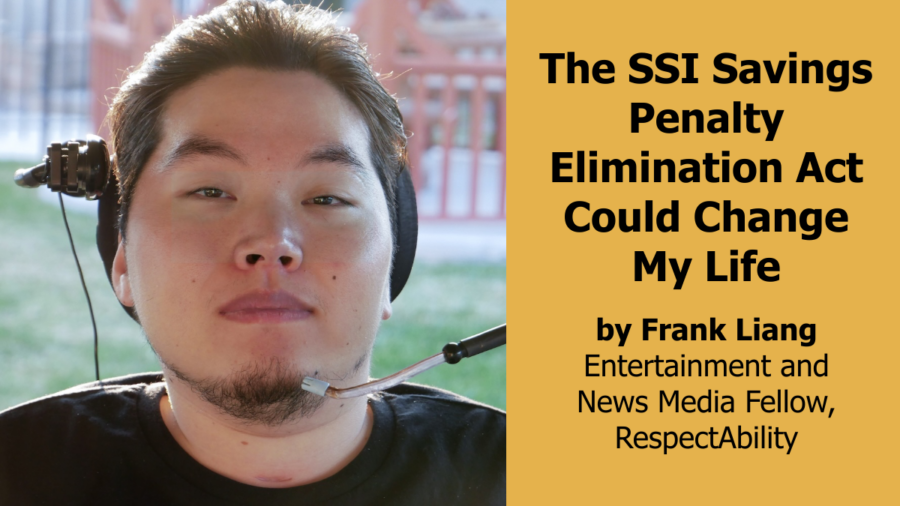



 This week, MacKenzie Scott’s Yield Giving announced RespectAbility as one of the Yield Giving Open Call’s awardees working with people and in places experiencing the greatest need in the United States.
This week, MacKenzie Scott’s Yield Giving announced RespectAbility as one of the Yield Giving Open Call’s awardees working with people and in places experiencing the greatest need in the United States.
 Park City, January 17 – In 2020, filmmaker and disability advocate Juliet Romeo reached out to Slamdance co-founder Peter Baxter, stressing the need for a program for and by disabled filmmakers. Conversations turned to action and Slamdance Unstoppable was born. In 2021, the virtual Slamdance Film Festival included a showcase of disability-inclusive short films. In 2023, Slamdance Unstoppable, which included both short and feature films, aired both in-person and virtually. This year, all Slamdance Unstoppable films will screen in both Park City and Salt Lake City.
Park City, January 17 – In 2020, filmmaker and disability advocate Juliet Romeo reached out to Slamdance co-founder Peter Baxter, stressing the need for a program for and by disabled filmmakers. Conversations turned to action and Slamdance Unstoppable was born. In 2021, the virtual Slamdance Film Festival included a showcase of disability-inclusive short films. In 2023, Slamdance Unstoppable, which included both short and feature films, aired both in-person and virtually. This year, all Slamdance Unstoppable films will screen in both Park City and Salt Lake City.

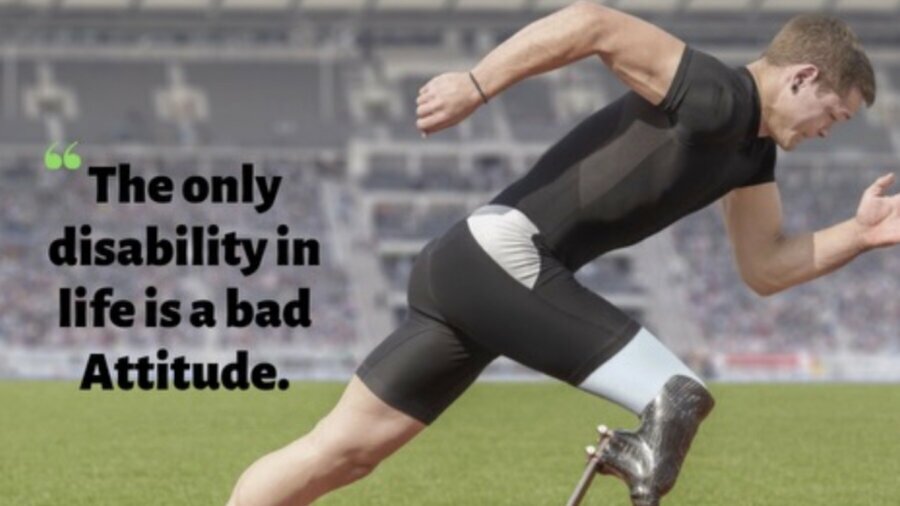

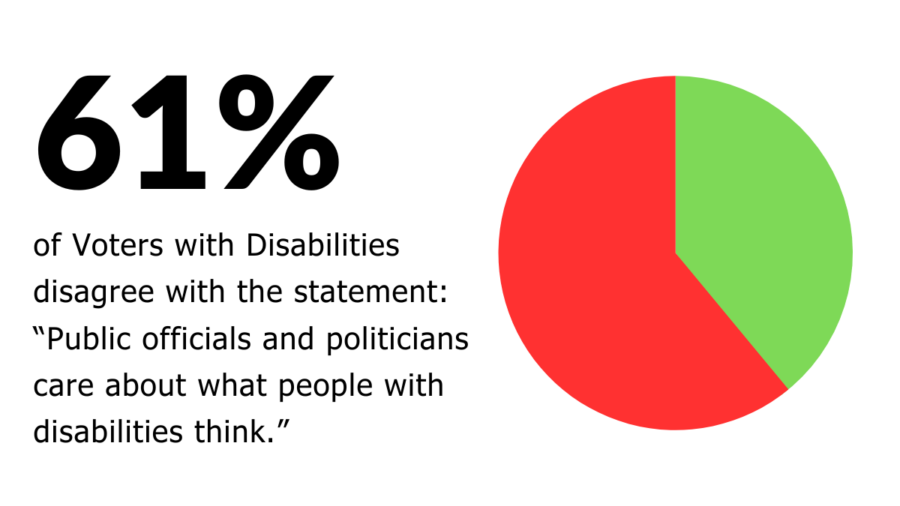
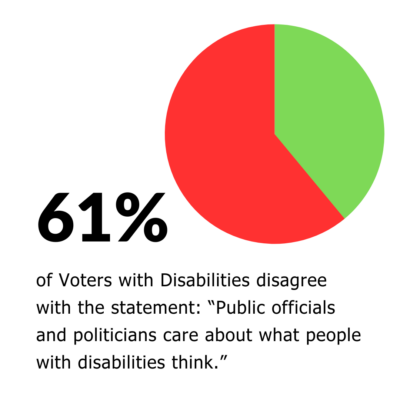 It has long been a source of consternation to members of the disability community that political candidates and elected officials rarely speak publicly about issues specific to disabled voters. In fact, few politicians even address how broader issues that they do speak about impact people with disabilities. After most presidential debates, there is a predictable barrage of social media posts from disabled voters who are disappointed that the candidates never mentioned the word “disability,” let alone addressed some of the issues that impact our daily lives the most.
It has long been a source of consternation to members of the disability community that political candidates and elected officials rarely speak publicly about issues specific to disabled voters. In fact, few politicians even address how broader issues that they do speak about impact people with disabilities. After most presidential debates, there is a predictable barrage of social media posts from disabled voters who are disappointed that the candidates never mentioned the word “disability,” let alone addressed some of the issues that impact our daily lives the most.


